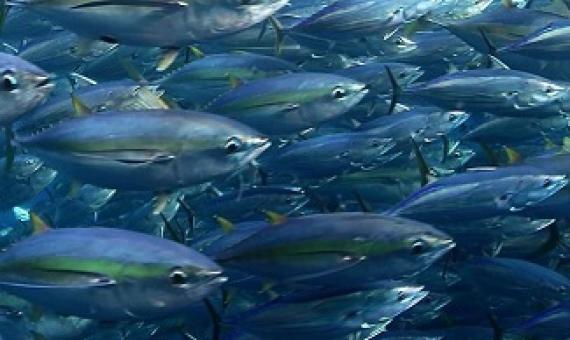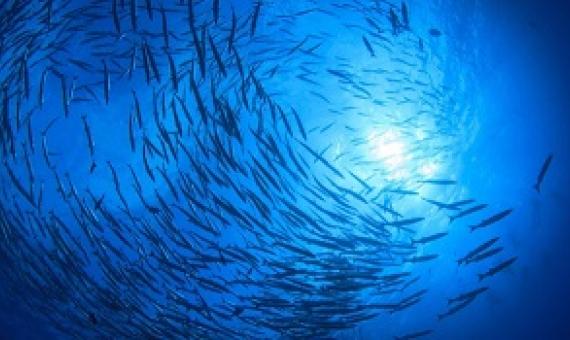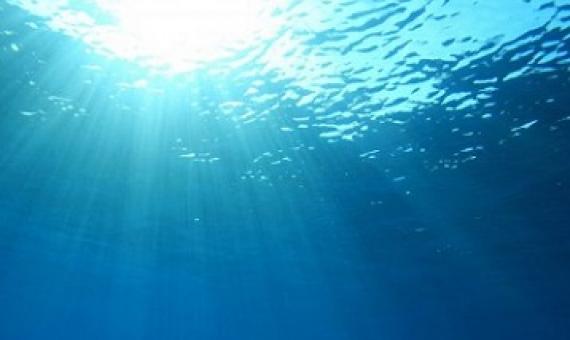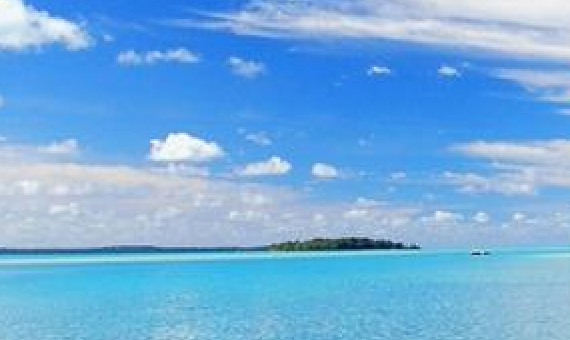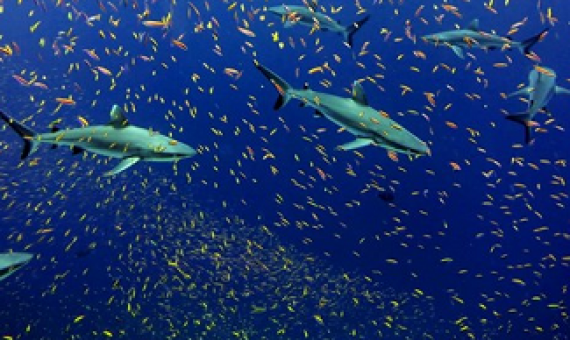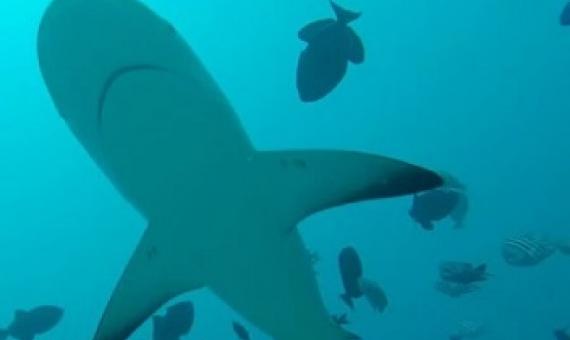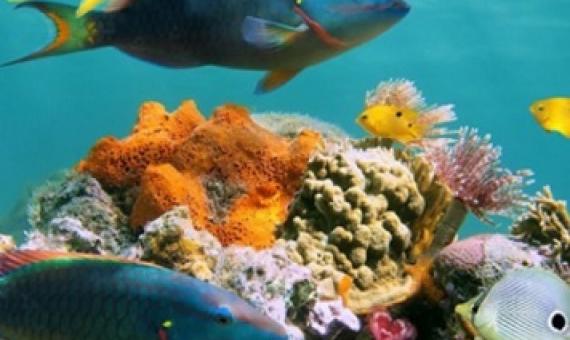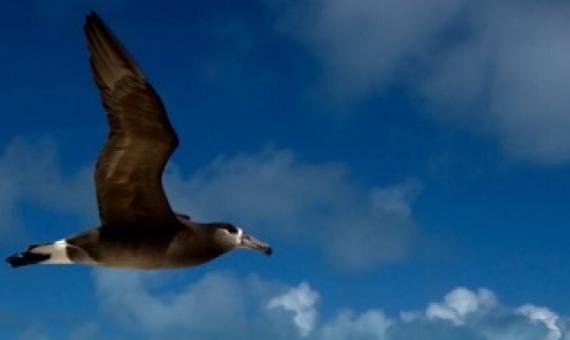The expansion of two large U.S. marine protected areas (MPAs) in the Pacific Ocean had no measurable economic effects on the fishing industry, according to a study published in the journal Nature Communications, one of only a few studies to apply rigorous scientific methods to this issue.
The proposed network includes six marine reserves, where marine life would be fully protected and fishing banned, five marine protected areas, which would impose a range of restrictions to fishing, and one kelp protection area and where commercial harvest of bladder kelp would be prohibited.
There’s a lot of concern that we only have a 10-year window to protect the amount of habitat we need, and to slow climate change,” said Dr.
The Cook Islands National Environment Service (NES) is seeking a Marine Strategy Adviser to assist with implementation of the Cook Islands Ridge to Reef Project (R2R). R2R is funded by the UNDP Global Environment Facility (GEF) in partnership with the Cook Islands Government.
A joint research project by the University of Queensland, James Cook University and University of Tasmania found that existing marine reserves need to be much larger to be effective against the overfishing of sharks species.
New Australian research highlights the delicate nature of the relationship between humans and sharks.
Creating marine protected areas (MPAs) has become a more popular management and conservation strategy to counteract various anthropogenic risks and hazards... Nature’s treasure chests, coral reefs, encircled by bright majestic fish are succumbing to the disastrous effects of climate change.
World leaders are currently updating the laws for international waters that apply to most of the world’s ocean environment. This provides a unique opportunity, marine scientists argue this week, to introduce new techniques that allow protected zones to shift as species move under climate change.
Integrating climate adaptation and biodiversity conservation in the global ocean
The impacts of climate change and the socioecological challenges they present are ubiquitous and increasingly severe. Practical efforts to operationalize climate-responsive design and management in the global network of marine protected areas (MPAs) are required to ensure long-term effectiveness for safeguarding marine biodiversity and ecosystem services. Here, we review progress in integrating climate change adaptation into MPA design and management and provide eight recommendations to expedite this process.
High-profile international commitments for ocean protection: Empty promises or meaningful progress?
As 2020 approaches, countries are accelerating their commitments to protect 10% of the ocean by establishing and expanding marine protected areas (MPAs) and other area-based protections. Since it began in 2014, the Our Ocean Conference (OOC) has become a high-profile platform to announce ocean commitments. To evaluate the impact of these promises, this analysis asked: (1) What are the MPA commitments? (2) Who is making them? (3) Have these announcements been followed by action? and (4) Have they contributed significantly to ocean protection?

